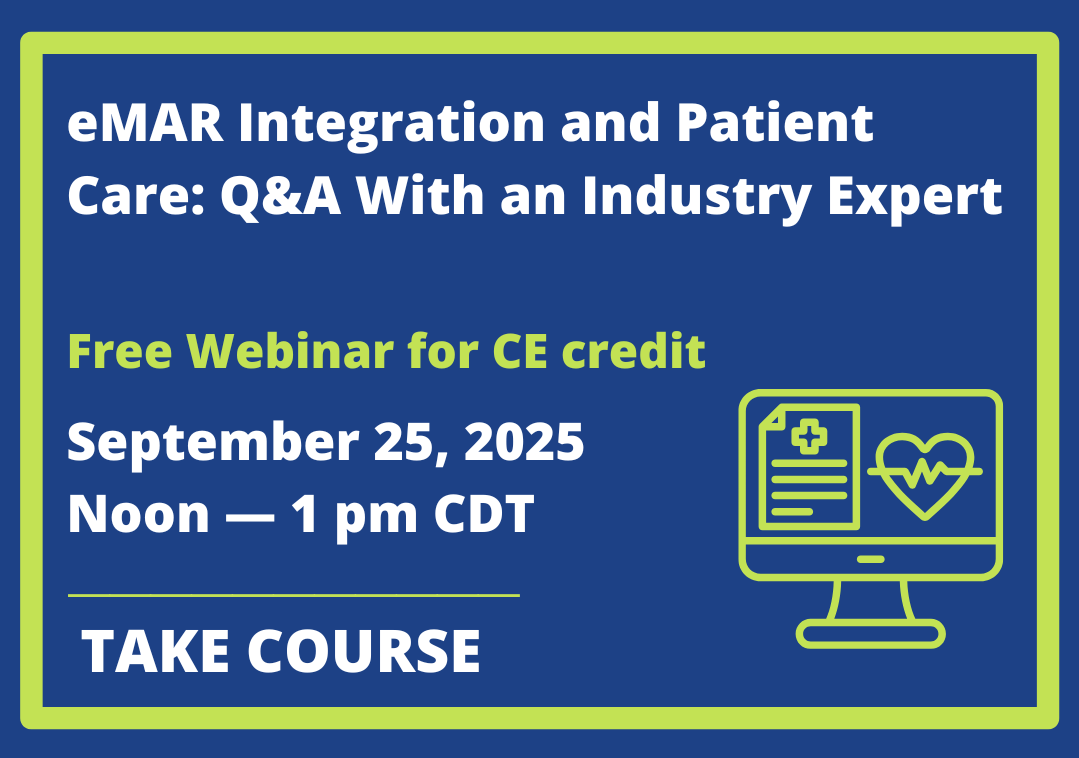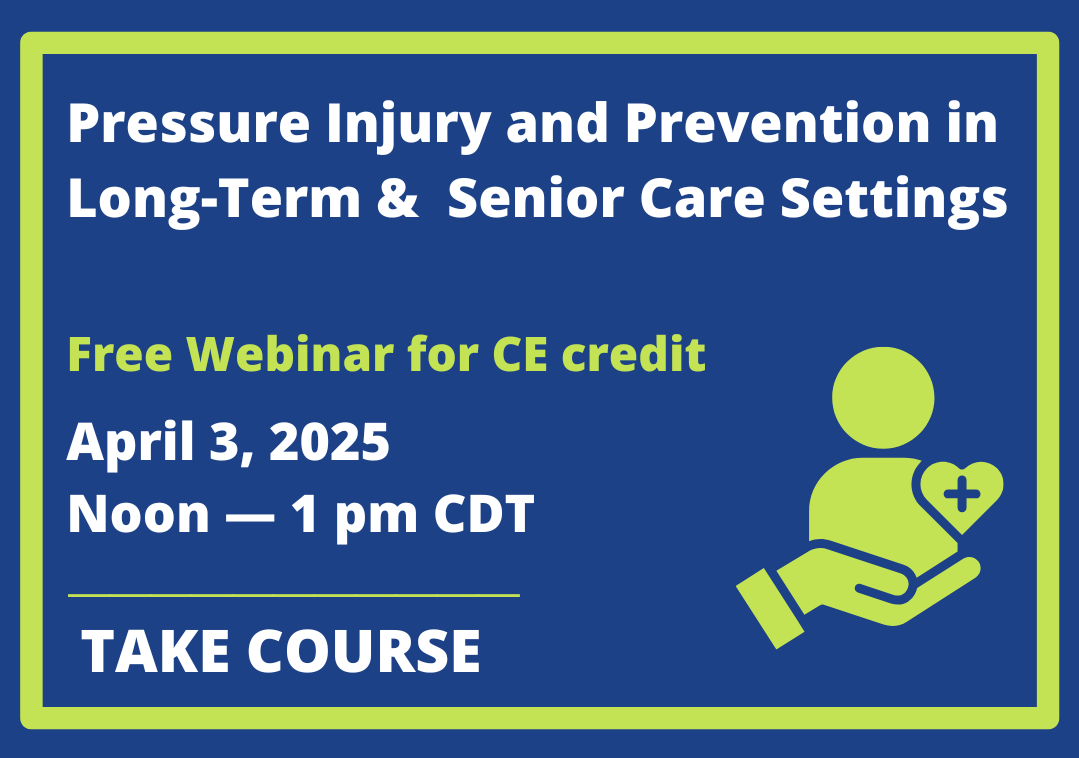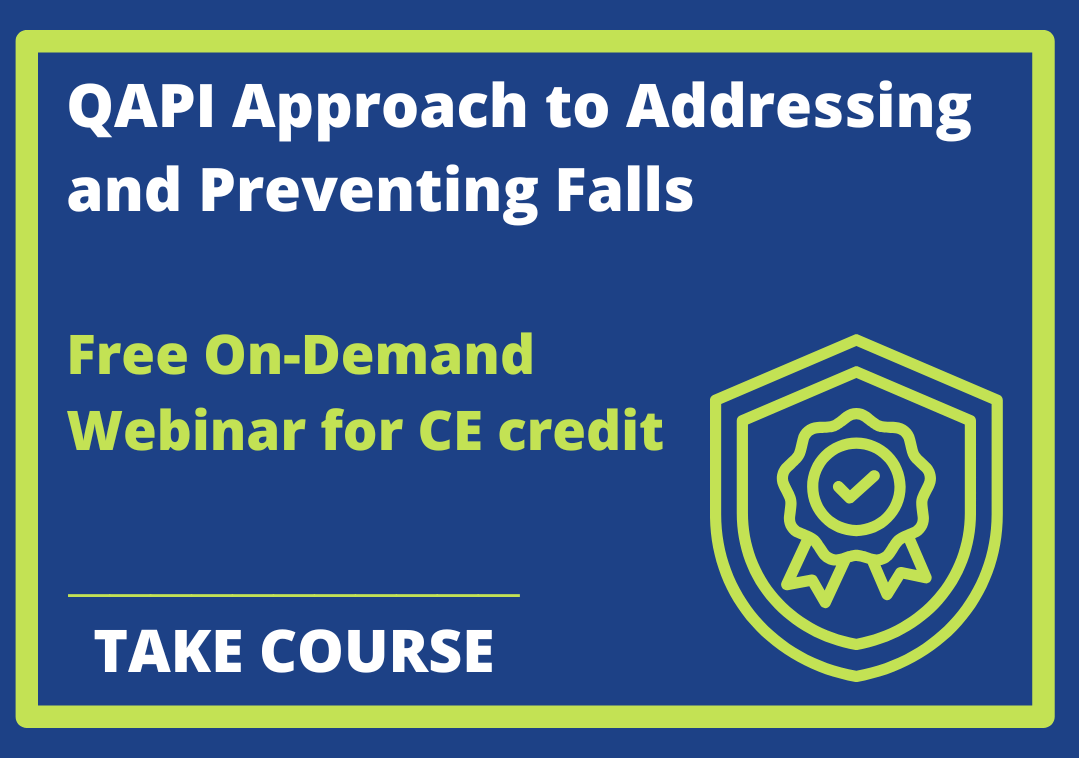ON-DEMAND, SELF-STUDY CE WEBINARS
Safe Engagement Toolbox: Ensuring Active Living Never Stops at Any Phase of Health Precautions
DATE: Thursday, April 29, 2021
Noon – 1 p.m. CST
COURSE DESCRIPTION
For most senior living communities, creating social connections and resident engagement are almost routine and taken for granted as part of programming. That is, until a pandemic drastically restricts gathering and socializing and, along with them, the emotional and physical benefits of engagement.
While senior living communities have always faced periodic and extended infection-control protocols – sometimes shutting down group programming as during COVID-19 – there is no reason to end engagement programs. Regardless of how strict protocols become, every team needs a toolbox of safe options to leverage at every phase.
Get inspired and share your own successes as we explore the Safe Engagement Toolbox that starts with the strictest in-apartment protocols and gradually moves toward less restrictive phases. Engagement and socialization are essential to well-being and survival, but there are practical and doable solutions even in the most challenging situations.




